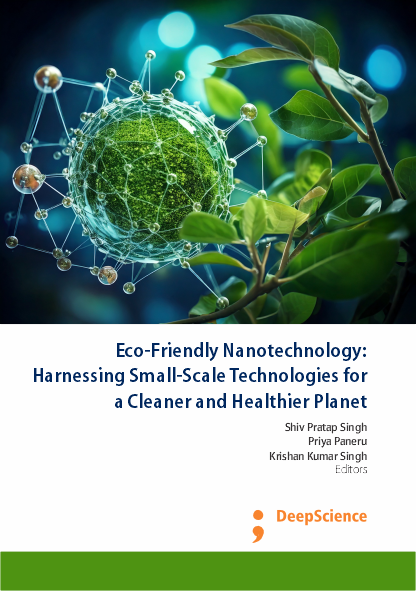Nano-enabled Phytopriming: A biotechnological avenue for enhanced germination and abiotic stress mitigation
Synopsis
A ground-breaking method for raising plant stress tolerance and germination rates is nano-based seed treatment. By manipulating materials at the nanoscale, nanotechnology offers special qualities that can greatly improve seed performance. The mechanisms by which nanomaterials enhance seed germination, nutrient uptake and resilience to environmental stress are examined in this chapter. Additionally, it looks at several kinds of nanomaterials, including as metal oxides, carbon-based nanoparticles and polymeric nanoparticles, that are employed in seed treatment. With an emphasis on sustainable farming methods, the chapter goes on to address the benefits, possible drawbacks and hopes for the future of nano-based seed treatments.
Keywords: Nanotechnology, Silver nanoparticles, Copper nanoparticles, Stress Tolerance.













